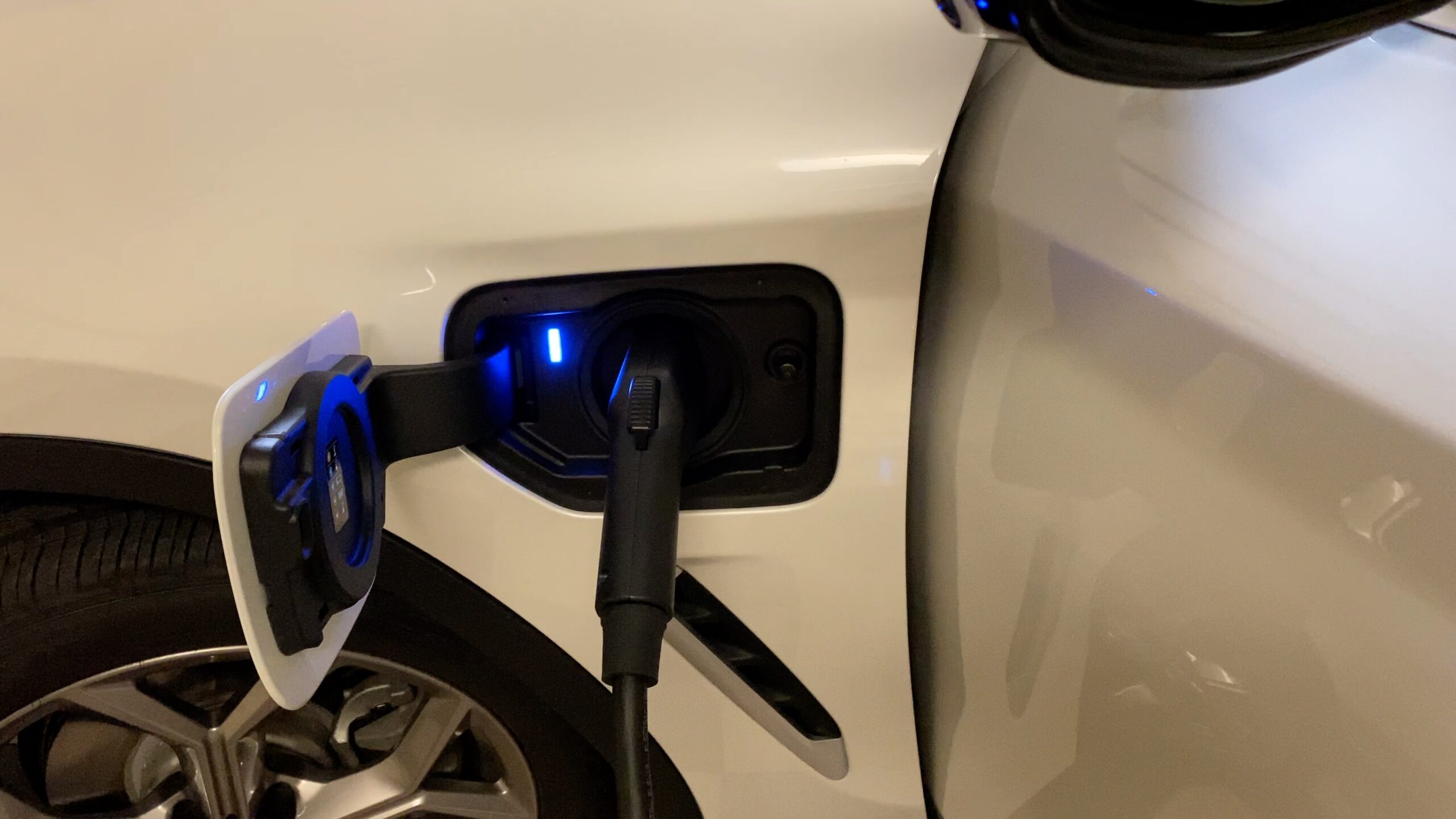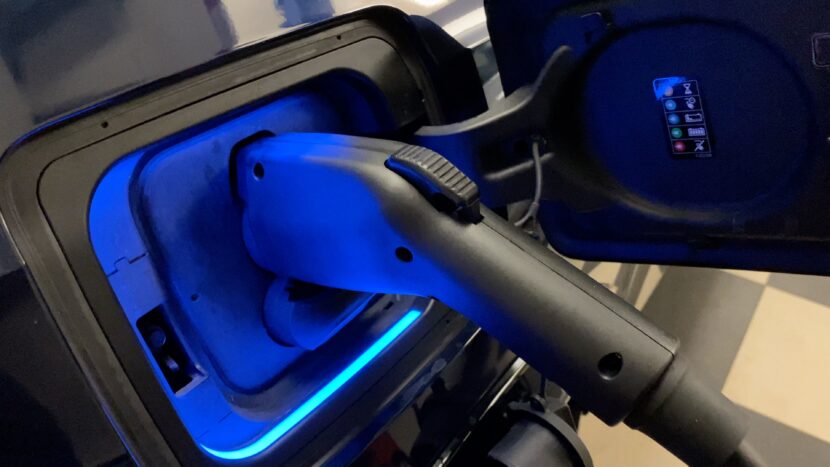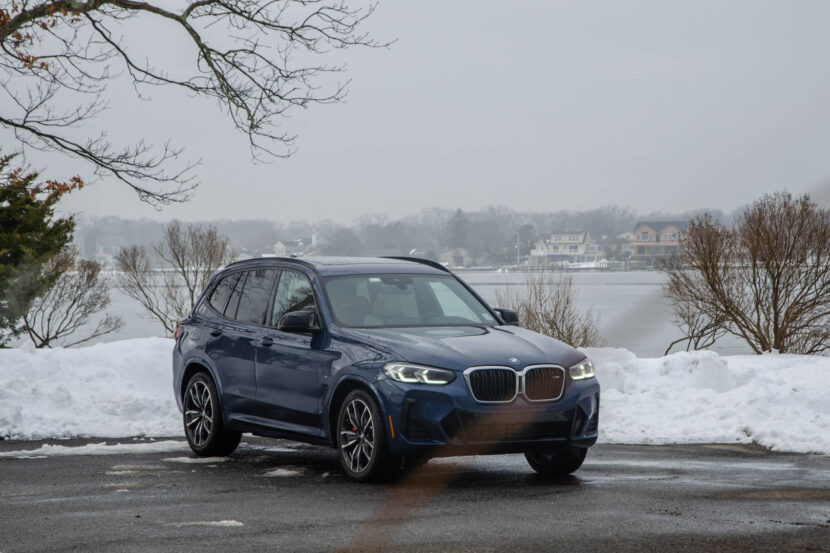A new report from Automotive News Europe states there is a possibility a BMW chassis will be used on a future electric vehicle sold by a third party. It is believed Saudi Arabia is teaming up with iPhone manufacturer Foxconn to create a joint venture that would be responsible for building EVs. According to sources familiar with the matter, the new entity would be called “Velocity” and the electric cars would sit on an unspecified chassis provided by the luxury brand.
While Foxconn will be responsible for developing the electronics, software, and other components, it would only be a minority shareholder as the most significant part of the investment would be made by Saudi Arabia. Specifically, by its Public Investment Fund, which according to ANE controls a whopping $450 billion (yes, with a “b”) worth of assets, so it would certainly have the necessary funds to make Velocity happen.
If everything goes according to the plan, a deal with BMW could be signed before the end of the month. It wouldn’t be the first time for the German automaker as the platform for its previous-generation X5 was licensed to Vietnamese VinFast company to build the President SUV. In addition, the latest Range Rover uses the ubiquitous twin-turbo 4.4-liter V8 in the most potent version of the British luxobarge, while the Ineos Grenadier off-roader will be powered by inline-six gasoline and diesel engines from BMW.
Why is Saudi Arabia interested in making EVs? According to ANE, the main idea is to branch out its economy in order to be less reliant on oil. Buying the rights to use an existing BMW chassis would significantly speed up development, but we’d wager an actual production electric car is still unlikely to hit the market until towards the middle of the decade. Beyond the car itself, you still need a location for a factory, along with the necessary workforce and suppliers.
In addition, a final decision regarding the potential tie-up has not been made. If the three-way collaboration will happen, it will open up a new revenue stream for BMW, which would come at the perfect time considering how expensive it is for the Bavarians to develop and build their own EVs.
[Source: Automotive News Europe]






































































